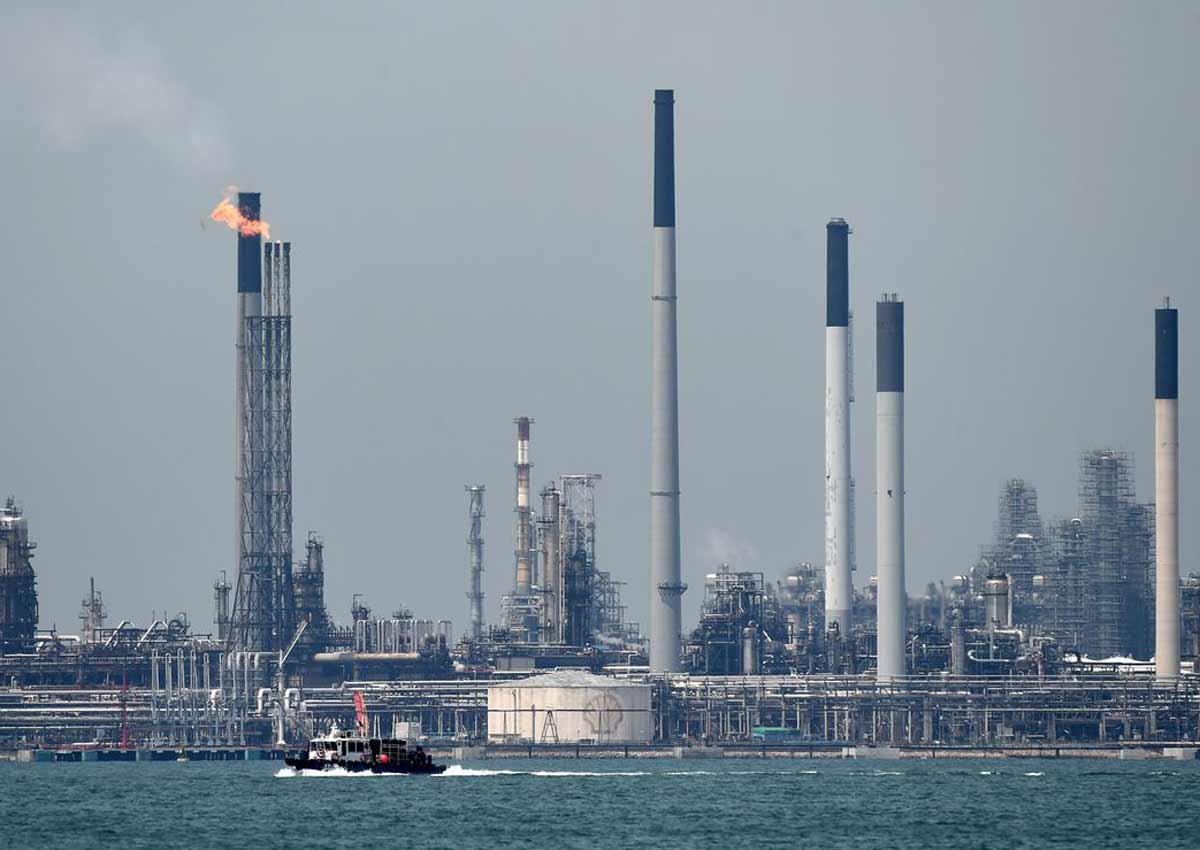Singapore has joined the influential International Energy Agency (IEA) as an association country, upping the city-state’s focus on energy security.
A joint statement, released at the opening of Singapore’s International Energy Week (SIEW) conference, noted that the city-state had become an energy hub for Southeast Asia, which was expected to see energy demand rise by 80 per cent by 2040 amid strong population and economic growth.
“This initiative will help build a more inclusive global energy architecture and is especially important as Asia grows in importance in the global economy and energy landscape,” S. Iswaran, Singapore’s trade and industry minister, said in the statement.
The IEA is an autonomous group that was set up in 1974 to help countries co-ordinate their response to major disruptions in oil supply. It also provides data and forecasts, such as on oil demand, that can move global markets.
Fatih Birol, executive director of the IEA, told CNBC’s “Street Signs” on Monday that much of the tie-up’s focus would be on renewable energy.
“We are going to create different programs and activities with Singapore in order to make the decision makers in this region understand the benefits of using energy more efficiently and the opportunities that renewable energies are creating across the world,” he said, noting that the cost of renewables had dropped sharply, with solar down 80 per cent over the past five years.
Singapore was expected to work with the IEA on two new initiatives: hosting a regional training hub for energy programs and organising an Energy Efficiency Training Week next year.
The first Singapore-IEA forum will be held at the annual SIEW conference.
Association countries can participate in meetings of some IEA standing groups, committees and working parties. They also work with the IEA on energy security issues, including developing emergency response systems for oil-supply emergencies, building and maintaining emergency reserves and testing preparedness for supply disruptions, and on improving energy data reporting.
China, Indonesia and Thailand are association countries with the IEA.
The hurdles to becoming a full member of the IEA can be high. To become a member, countries that are net oil importers must show they have reserves of crude oil and/or products that are equivalent to around 90 days of the previous years’ average net oil imports. The government, even if it doesn’t own the reserves, must have access to them if the IEA’s co-ordinated emergency response measures (CERM) are activated.
Member countries must also have a programme to cut national oil consumption by up to 10 per cent. Additionally, they must be able to ensure all oil companies under its jurisdiction report information when necessary.
The CERM created a flexible framework for international efforts on coordinating stockdraws and other response measures in the event of actual or potential significant supply disruptions.
The CERM was activated in 1991, ahead of the First Gulf War, in 2005, after Hurricane Katrina shut down US oil production, and in 2011, when Libya’s civil war posed supply risks.







